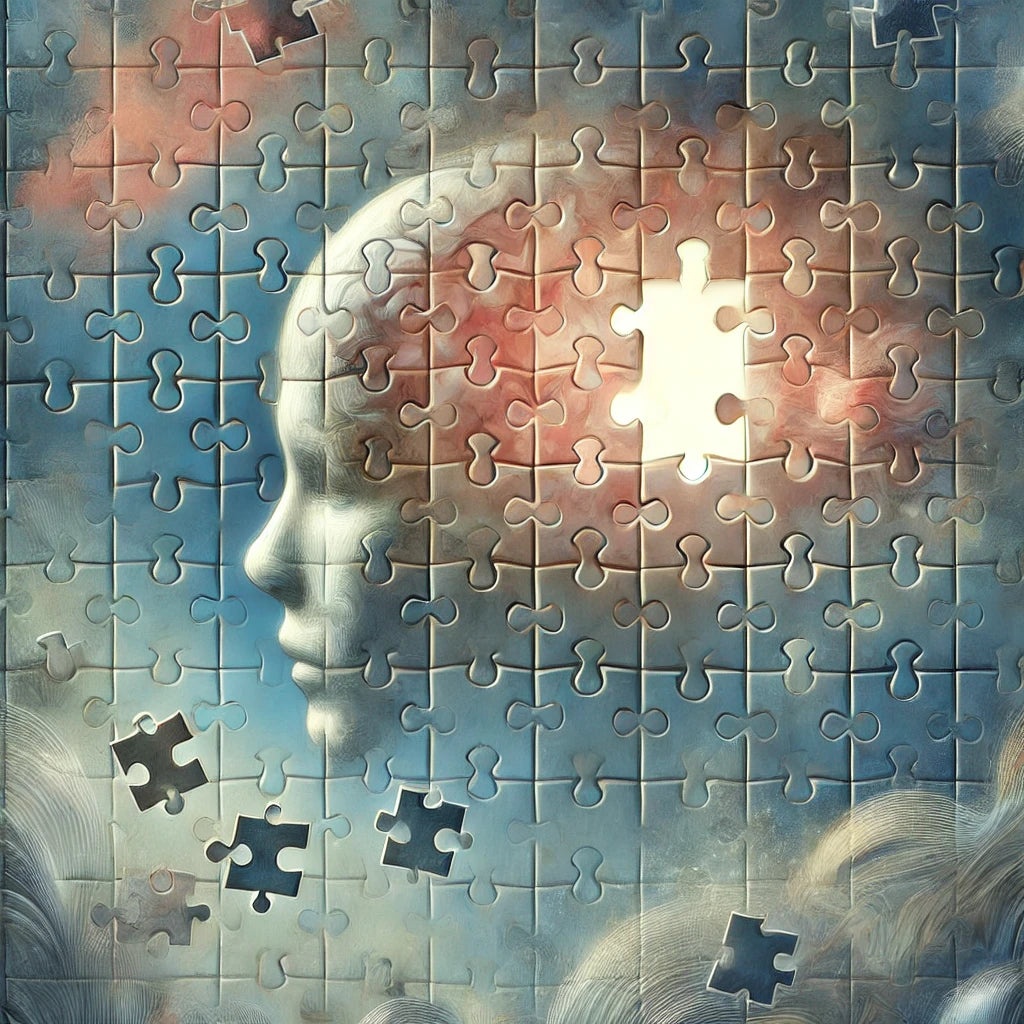News — mental health
Unplug and Recharge: How a Digital Detox Can Improve Your Mental Health
digital balance digital detox digital wellness mental clarity mental health mindfulness productivity reducing screen time screen time effects screen-free strategies self-care social media break stress reduction technology overload unplugging benefits well-being
Technology is a double-edged sword. While it connects us, it also consumes our attention, increasing stress and reducing mental clarity. The average adult spends over 7 hours daily on screens, often without realizing the toll this takes on mental health.
A digital detox—a planned break from technology—can be transformative. This article explores the science of unplugging, shares practical tips, and highlights inspiring success stories to help you reclaim your focus and well-being.
Stress Less, Live More: The Power of Positive Thinking
benefits of positivity emotional resilience happier living healthier mindset mental health mental well-being mindfulness optimistic living positive affirmations positive thinking positivity strategies power of positive mindset productivity reduce anxiety self-care stress management stress reduction
Life can be overwhelming, with daily stressors pulling us in different directions. However, the way we perceive and respond to challenges can significantly affect our mental and physical health. Embracing positive thinking is a proven way to reduce stress and lead a more fulfilling life.
In this article, we’ll explore the science behind positive thinking, its benefits, and practical strategies to cultivate a positive mindset. Let’s uncover how you can stress less and live more!
Breaking the Ice: Your First Therapy Session
breaking the ice in therapy counseling tips emotional well-being first therapy session mental health therapy for beginners therapy preparation what to expect in therapy
Taking the first step toward therapy is an act of courage and self-care. Your first session might feel intimidating, but it’s an essential milestone on the journey to improved mental health and well-being.
This article will guide you through what to expect, how to prepare, and tips for making the most of your first therapy session, helping you feel confident and empowered to begin your healing journey.
A Delicate Balance: Managing Suicide Risk in Schizoaffective Disorder
family support managing suicide risk medications mental health mental health strategies schizoaffective disorder schizoaffective treatment suicide prevention suicide risk therapy
Schizoaffective disorder is a complex mental health condition characterized by symptoms of both schizophrenia and mood disorders, such as bipolar disorder or depression. This duality often creates significant challenges for individuals as they navigate their mental health journeys. Among these challenges, managing the risk of suicide is a critical priority.
The unique blend of psychotic symptoms and mood instability often increases vulnerability to suicidal thoughts and behaviors. This vulnerability underscores the importance of understanding, early intervention, and holistic care in ensuring the safety and well-being of those affected. Let’s delve deeper into this delicate balance and explore strategies for managing suicide risk in schizoaffective disorder.
The Mind's Defense Mechanism: Dissociative Amnesia and Trauma
amnesia treatment cognitive therapy coping with trauma defense mechanisms dissociation dissociative amnesia emotional healing memory loss mental health psychological resilience PTSD stress and memory trauma and memory trauma impacts trauma-focused therapy
The human mind possesses remarkable ways of protecting itself from distress, and dissociative amnesia is one such defense mechanism. When faced with severe trauma, the brain can temporarily shield an individual from overwhelming memories by making them inaccessible. Dissociative amnesia is a condition where a person loses memory of specific events, typically traumatic or stressful, as a way to cope with the emotional toll.
This condition is not merely about forgetting but represents a profound, unconscious effort to block out painful experiences. While it serves as a protective barrier in the short term, dissociative amnesia can lead to long-term challenges, including fragmented memories and emotional distress. Understanding this mechanism sheds light on how trauma impacts the mind and offers pathways to healing and recovery.





